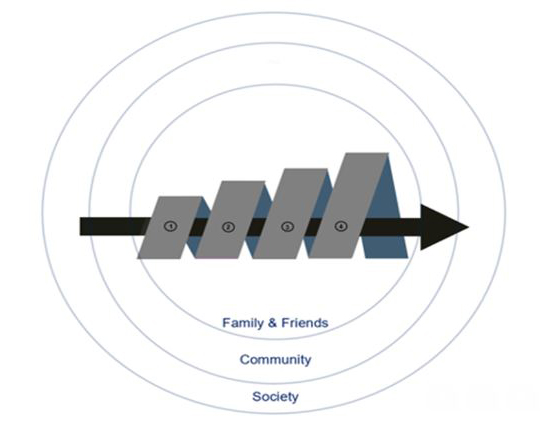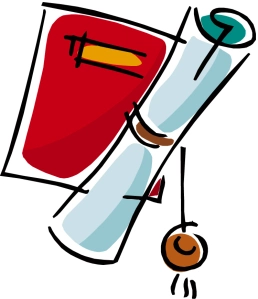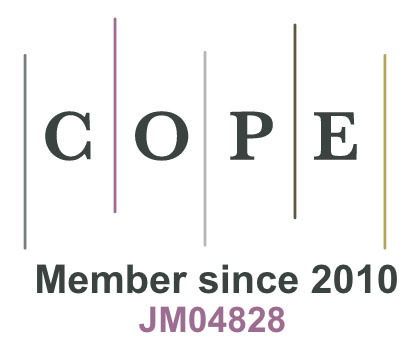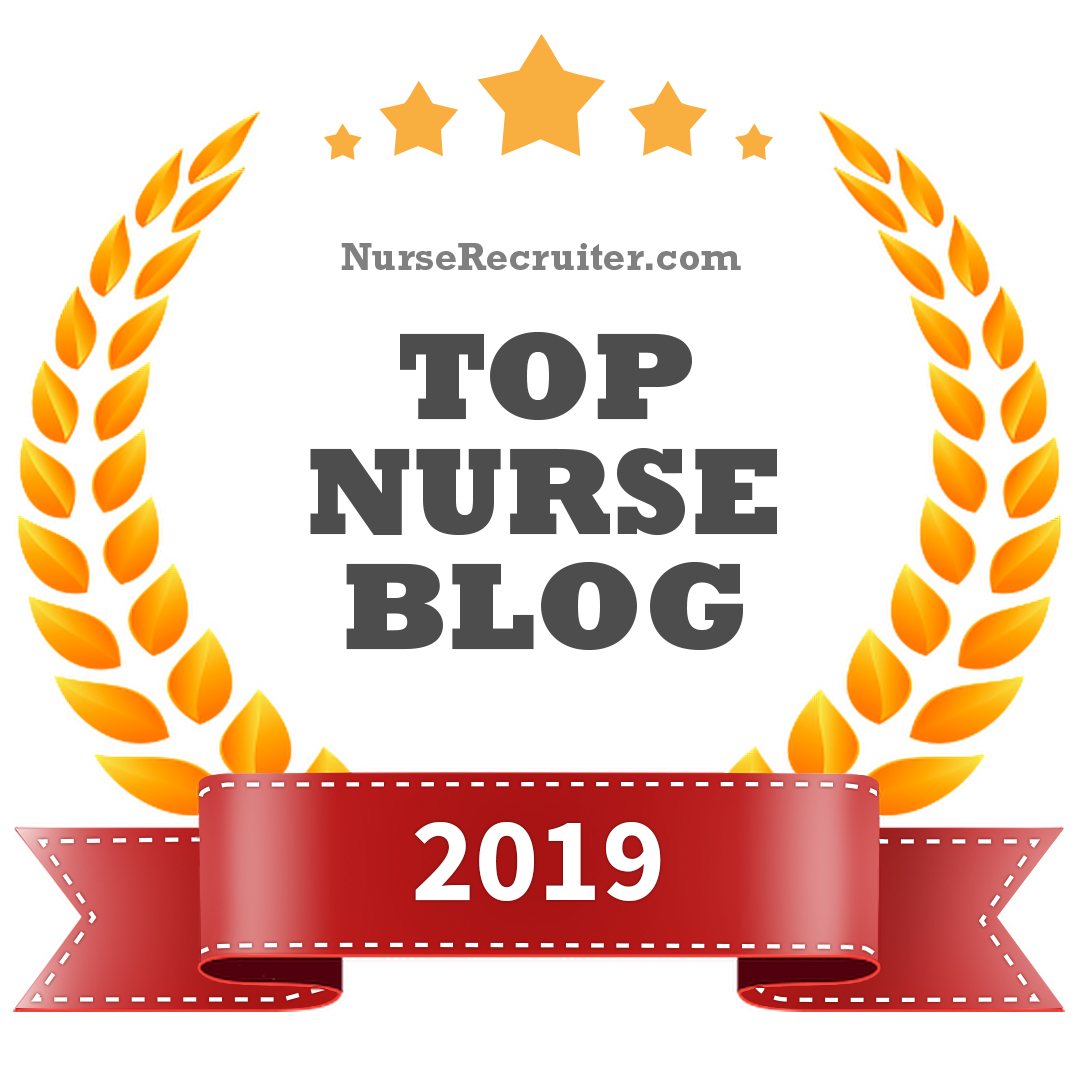The month of May typically prompts some attention to nursing in most Euro-centric countries, given that May 12th was Florence Nightingale’s birthday, and the second week of the month has been designated as Nurses’ Week in the United States. May is also the month of Mother’s Day in the U.S. — a parallel fact that I see as not altogether accidental. All too often the attention drawn to mothers and to nurses comes in the form of gratuitous and token recognition of nurses in the “Hallmark card” tradition .. flowers, cards and small gifts that convey appreciation. I certainly do not question the sincerity of these expressions of  appreciation, and in fact believe that such messages are notably absent in places and at times when they could make a huge difference in a relationship. However, when a culture depends on a designated yearly “day” or “week” to prompt recognition of contributions that are as vital as those of nurses and mothers, and at the same time fails to endow those vital contributes with social and cultural markers of significant value, something is terribly awry.
appreciation, and in fact believe that such messages are notably absent in places and at times when they could make a huge difference in a relationship. However, when a culture depends on a designated yearly “day” or “week” to prompt recognition of contributions that are as vital as those of nurses and mothers, and at the same time fails to endow those vital contributes with social and cultural markers of significant value, something is terribly awry.
Two articles appeared in the last couple of weeks that shed light on the persistent failure of dominant social systems to recognize the actual value of nurses and nursing, despite glaring evidence to the contrary. The first of these articles, titled “Why Nurses Need More Authority” by John W. Rowe, MD, appeared in The Atlantic on May 7, 2012. The second, titled “The Power of Nursing” by journalist David Bornstein, appeared on May 16, 2012 in the New York Times. Both articles provide ample evidence, which nurses have known for decades, of the effectiveness of a strong nursing influence and presence in health care. They both make a strong case for nursing to have a much larger and prominent role in creating the changes that need to happen in health care in the United States.
At the risk of seeming to discount the importance of both of these article, what stood out for me as I read each of them were the many ways that each of these articles also reflected the dynamics that sustain the dominant imbalances of power in health care, and the fundamental issues that keep nursing on the periphery and yes, even in a relatively subservient role in the delivery of health care. On the surface, it might seem that part of the problem has to do with the fact that both of the authors of these articles are not nurses and certainly that fact does shape the perspective that each author brings to the topic. But we need strong allies, and each of these articles reflect the intention of both of these authors to come to the table as strong allies of nurses and of nursing. The markers of sustained attitudes and assumptions that perpetuate the problem lie beneath the fact that the authors are not nurses, and in fact, are attitudes and assumptions that many nurses might also bring to the table. They are part of the hegemonic climate within which health care in the United States and other western cultures exist. I will only address a couple of the glaring issues that stood out for me as I read these articles.
In Rowe’s article “Why Nurses Need More Authority” he uses the recent Institute of Medicine (IOM) “Future of Nursing” report in part as a spring-board for making the case that advanced practice nurses should be “allowed” to have an expanded role in health care. He points to the opposition that organized medical groups have launched against the recommendations of the IOM report, and rightfully argues that this opposition makes no sense, and that state laws that restrict APRN practice need to be changed. The concept of being “allowed” to practice to the full extent of our education (the first recommendation of the IOM report) is the first red flag. It is true that laws and traditions do place restrictions on nursing practice, but the issue is not one of someone simply “allowing” nurses to practice .. it is an issue of making social change that removes restrictions, a process in which we as nurses are quite capable of being full and equal participants. The other red flag that stands out for me is that the IOM report recommendations are not limited to advance practice only … the report calls for all nurses at all levels of education to practice at the level they are prepared, and it calls for improvements in the education system that give nurses from all levels of education and practice access to furthering their education. Advanced practice nurses do have a critical role in providing quality health care in the United States, but so do general practice nurses who have earned associate degrees and baccalaureate degrees. Yet, at each of these levels of practice, policies and traditions restrict what all nurses contribute. These are barriers that need to be dismantled, not by having a benevolent “father” figure declaring that we are now “allowed” to practice in a certain way, but by social and political processes, in which nurses play a key role, to shape new policies, practices and laws.
David Bornstein’s article focuses more on the provision of the Affordable Care Act that calls for Maternal, Infant and Early Childhood Home Visiting Programs, and the evidence of the effectiveness of a Nurse-Family Partnership (NFP) program established at the University of Colorado Health Sciences Center by David Olds, MD. What is not acknowledged in Bornstein’s article is the vital interdisciplinary nature of the program, and the dominant role that nurses have played over the years in the conception, the research, program design and implementation. Bornstein’s article is a brief opinion piece and is not designed as comprehensive report of the project, and I would not expect to see that kind of coverage in an opinion piece. The red flag is not in the article itself, rather, it is the reminder of how dominant the realm of medicine is in being credited for an achievement like this, even those that are shaped in vital ways by nurses – nurse researchers, educators and practitioners (as was the Univeristy of Colorado NFP project). This tradition of granting attribution to the dominant medical discipline is a huge factor that is shaped and sustained not only within the health care system and its practices, but also by the media and the public. But it is not immutable .. it can change.
Nurses … it is time for us to mobilize the recognize these dynamics, and to claim the power, and the authority that is our!

















